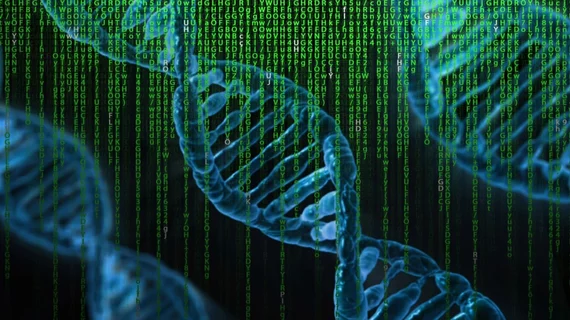50 different cancers findable in DNA blood test designed with AI
Researchers have used machine learning to develop a blood test that can find 50 or so types of cancer.
As published online March 30 in Annals of Oncology and covered in The Guardian, the test looks for chemical changes in DNA that’s circulating in the blood after being shed by tumors.
The multi-institution team, which included researchers from Harvard Medical School, Cleveland Clinic, Mayo Clinic and numerous others, trained its AI on data from 3,052 participants. Of these, 1,531 had cancer and 1,521 did not.
They found their system flagged and differentiated around 50 types of cancer in the correct proportion of the sample—44% of the time.
The more advanced the cancer, the better the detection. For example, the system found stage-1 cancers 18% of the time while finding stage-4 disease at a 93% clip.
“In pregnant women we look in their free-floating DNA for fetal abnormalities,” co-lead author Geoffrey Oxnard, MD, of the Dana-Farber Cancer Institute tells the Guardian. “We know this [approach] exists; the question is how do you fine-tune and perfect the art of looking for cancer in this free-floating DNA? And that is what the machine learning did.”
The study arrives just a few days after researchers presented an AI-powered blood test that can detect lung cancer with DNA analysis.
Access the full 50-cancers study here and the Guardian article below.

